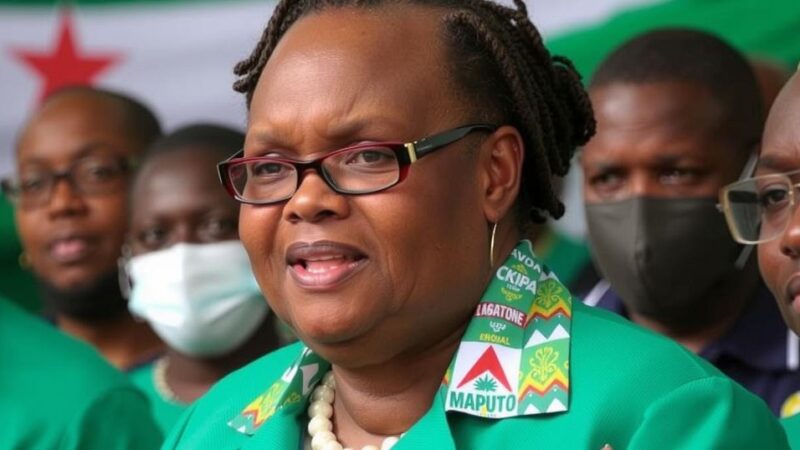Youths attending the U.N. climate talks express anger and hope, having lost loved ones and homes to climate impacts. Leaders’ absence and protest restrictions fuel their frustration, yet commitment remains as they seek meaningful participation in climate advocacy. Their struggle to raise awareness about climate issues highlights the urgent need for institutional support to amplify youth voices in decision-making processes.
Young individuals attending the U.N. climate talks face significant challenges, having experienced the direct impact of climate change including loss of loved ones, homes, and education. Yet, amidst their pervasive anger, they retain a glimpse of hope for change. Marinel Ubaldo, who experienced destruction in the Philippines due to powerful typhoons, articulates her struggle as she has attended six COP events, expressing that while she feels pessimistic, she hopes for more clarity in the negotiations. Despite the young people’s fervor and commitment, attendance has diminished due to political instability in influential countries. Protests have faced tighter restrictions in authoritarian settings, compounding the difficulties they encounter in reaching climate conferences. Felipe Paullier highlights the ongoing challenge of securing youth representation in decision-making forums established by the U.N. Children bear the brunt of climate change, facing increased health risks, as noted by Kitty van der Heijden of UNICEF. Many youth feel a profound obligation to advocate for their future, yet they experience fatigue and frustration stemming from insufficient progress over the years. Fathimath Raaia Shareef recounts her personal struggles with sea level rise in the Maldives, illustrating the emotional toll that climate change takes on vulnerable youth. Attending COP fills young activists with both resolve and skepticism regarding international negotiations. Francisco Vera Manzanares calls the climate talks a necessary yet challenging arena, emphasizing the need for meaningful adult support. The necessity for children to assert their rights is paramount, as they inherently possess the most to lose amidst the climate crisis. Their words encapsulate the duality of despair and hope as they fight against the escalating climate emergency.
The U.N. climate talks serve as a critical platform for discussing global climate action, often highlighting the voices and concerns of younger generations who are profoundly affected by environmental changes. Young people are particularly susceptible to climate impacts, such as extreme weather events, which jeopardize their education, health, and future prospects. While many youths strive to actively participate in climate negotiations, systemic barriers and political challenges hinder their ability to effect change, leading to feelings of disillusionment and fatigue. The ongoing dialogue about the role of youth in advocating for climate action remains vital, with many officials recognizing the urgent need for institutionalizing these voices within climate discourse.
In summary, the narratives shared by young activists at the U.N. climate talks reflect both the anger and resilience of a generation facing climate-induced hardships. Their experiences underscore the critical need for institutional recognition and support to elevate youth advocacy. Despite the obstacles they encounter, these young individuals exhibit an unwavering commitment to holding leaders accountable and ensuring their voices are heard in the fight for a sustainable future. The call for greater collaboration between generations fosters hope that substantive change may still be achieved through joint efforts.
Original Source: www.voanews.com






